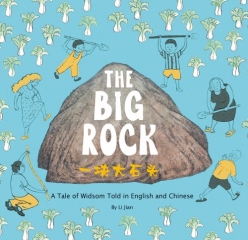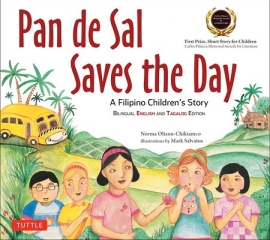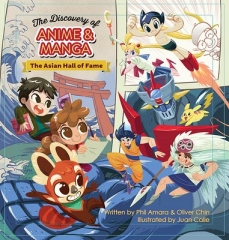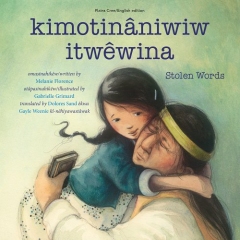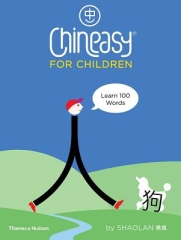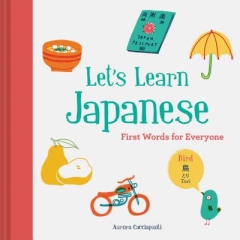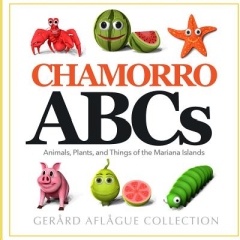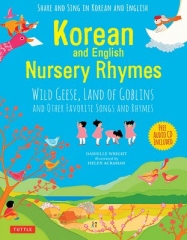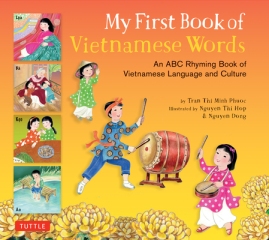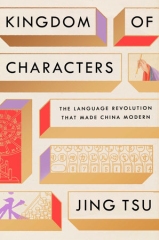March 2022 Newsletter
Newsletter Index
Editor's Message
Hello AACP Newsletter Readers,
Since our last newsletter, a war has broken out in the Ukraine and another massive refugee situation has again been created. Let us also not forget that we are still in the middle of a pandemic with a death toll nearing a million here in America.
I was thinking of that curse that says “May you live in interesting times.” By the way, there’s no proof that this saying came from China. Anyway, we certainly are living in interesting times, but I supposed that anyone living at any time period in history probably thought the same thing. Just to be alive is a marvel in itself. So do good with the time that you have and don’t ruin it for others (I wish everyone took this message to heart).
------------------
For those of you that were expecting part 2 of the Mas Hongo interview, stay tuned for more in the coming months. By the way, Mas’ birthday is coming up soon. He’ll be turning 102. Happy Birthday Mas!
------------------
This month we’ll be featuring an article about Toisanese (a dialect of Chinese) that I wrote, to go along with our participation in the California Association of Bilingual Education conference, and an article for Women’s History Month on Grace Lee Boggs.
The Grace Lee Boggs article is a reissued piece that was first used for the “Chinese American Heroes” website. Many thanks to Chinese American Heroes for the use of this article. This and other biographies and articles about Chinese American history can be found at: www.chineseamericanheroes.org. Thank also to Philip Chin, one of the editors for the AACP newsletter, who was also the managing editor and writer for Chinese American Heroes.
------------------
Our featured books for this month include a number of books that are either bilingual, teach a language, or are about language. We also have a couple of books for Women’s History Month, Songkran (Thai New Year's celebration, April 13-15), and Ramadan (April 2-May2).
Note that there is one book that is not AAPI related, but is a Native American Children’s book, called “Stolen Words,” about the loss of one’s language and regaining it. I thought it fit the theme for this month.
------------------
A recent development, we have joined the American Bookseller’s Association and upgraded to Affiliate status with Bookshop.org. As a result we’ll be earning a higher commission on orders through our site on bookshop.org. So if you are going to buy a book, please consider buying your book through our bookshop.org site (bookshop.org/shop/aacp). If the book that you are looking for is not in one of our book lists, use the search bar on our bookshop.org site and we will still get some credit for the purchase (if you still see our name in the top left corner, that’s how you’ll know you’re supporting us). Every purchase you make helps us with our nonprofit mission. Thank you very much.
------------------
As mentioned earlier, the California Association of Bilingual Education conference will take place from March 29-April 2. This is a virtual conference and we will be participating with some virtual presentations from guest authors. Here is our planned schedule –
Tues_4:15pm: Tri Tran and Tram Le present their book “Vietnamese Stories for Language Learners.”
Tues_4:40pm: Author Oliver Chin shares new bilingual editions of Immedium’s popular annual children’s picture book series “Tales from the Chinese Zodiac.”
Tues_5:05pm: AACP discusses AAPI books
Tues_5:30pm: Immedium's publisher Oliver Chin shares Ying Compestine's bilingual tales “The Story of” series (Chopsticks, Noodles, Kites, Paper) and “Boy Dumplings.”
Sat_10:55am: Trần Thị Mình Phứơc invites young readers on a trip through Viet Nam without a passport from the comfort of their homes. (a presentation for her new book “All About Vietnam”)
Sat_11:55am: Felicia Hoshino presents her Japanese bilingual book “Sora and the Cloud.”
Thank you very much to all the authors that will be presenting for us.
------------------
One last thanks goes to my high school science teacher Lester Carlson. Mr. Carlson was one of my favorite teachers. Even before I started taking classes at my high school, I met him as I walked up to register. My sisters were with me and they introduced me to him. As a result I ended up becoming a fixture in the science department, hanging out with the science and math teachers, and assisting them.
Besides being my teacher for several classes, he also helped me bolster my resume with activities that I believe helped me get into UC Berkeley. He instilled in me the value of being a volunteer in good causes. I think it was those early acts of activism that eventually brought me to AACP. Mr. Carlson passed away recently – I’ll always remember you. Thank you!
Leonard Chan
Executive Editor
Events
Am I Bilingual, Trilingual, or Monolingual?
Learning About the Toisanese Language that I Lost
By Leonard Chan
With the California Association for Bilingual Education Conference happening very soon, I began to wonder if I was truly multilingual or not.
Growing up with parents that were genuinely multilingual, I learned English and Toisanese naturally from hearing the two languages. But I was never really proficient with my parents’ Chinese dialect. I could understand the simple phrases that they would often say to me, but could never really feel comfortable speaking more than a word or two to anyone.
With more speakers of it living in other countries than in China and with the Chinese government’s efforts to homogenize the country’s language and culture, Toisanese may become a dead language someday soon.
Is knowing a dead or dying language of any value? People proficient in Latin probably think so. But what if the language was spoken by people that were considered backward country folk (please read author William Poy Lee’s article on this) and the language didn’t have its own phonetic transliteration system. You couldn’t even teach it to anyone – at least not easily if you didn’t grow up with it. I always thought I knew more about Spanish than Toisanese. At least I had three years of formal education in Spanish in high school, and still see and hear it frequent (even though I don’t remember much).
And what if I didn’t use or hear the Toisanese language anymore? Can I still say I was multilingual?
Bear with me as I try to rediscover the Toisanese language by introducing it to you. I’ll also include some further thoughts about the language and what it means to me.
At the end, I’ll include some websites that may help you learn Toisanese and other languages. For those of you that aren’t interested in Toisanese, but also feel a loss from your ancestral language, perhaps you can commiserate and will feel motivated to learn the language you’ve always wanted to.
Read More
Grace Lee Boggs
By Philip Chin
Grace Lee Boggs had been a political activist since her early adulthood, and she became a towering name in American history, notably in labor, civil liberties, environmental justice, anti-war, women's rights, and Asian American and African American causes.
Read More
Featured Books
View full descriptions of all these featured books at Bookshop.org where you'll also have the opportunity to purchase them.
Bilingual and Language Learning Books
Women's History Month
Festivals and Observances
Copyright © 2022 by AACP, Inc.
